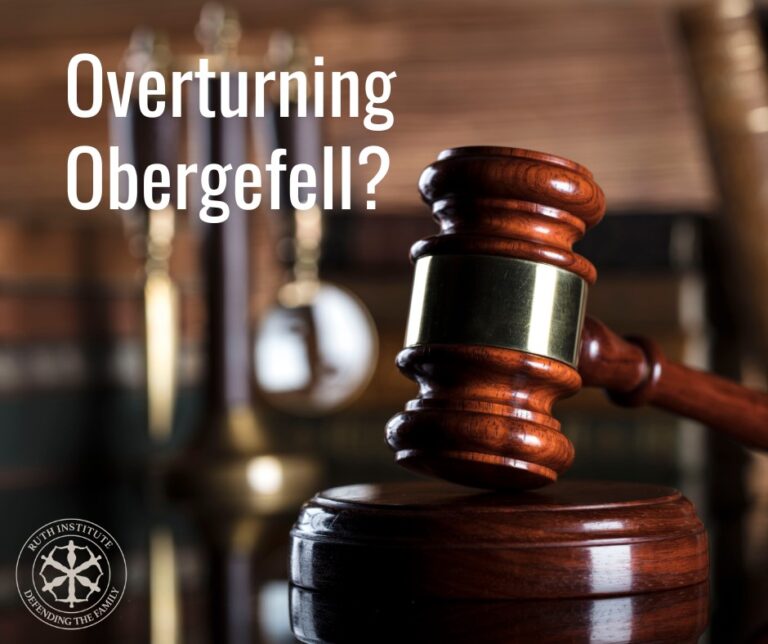by Bettina di Fiore on watchingthewhirlwind.net. Posted July 3, 2017.
“ And you shall know the truth, and the truth shall make you free.” –John 8:32
There was a time not so terribly long ago that I did not believe in God and practiced no religion. I had various reasons that seemed compelling at the
time—anyway, they’re not particularly relevant.
I believed my lack of faith gave me an abundance of freedom compared to all the strictured, structured religious people around whom I grew up, with all
their rules and behavioral regulations. Indeed, I believed that hedonism was categorically liberating. So I indulged my impulses; if it felt good,
I did it.
There was only one problem with my theory: it ruined my life.
At age 30, I found myself without a respectable job, significant family ties, a meaningful romantic partnership, coping skills, or a dime to my name. What
I did have was a mile-high pile of debts and bills I couldn’t pay, a string of broken-off affairs with people I never would’ve considered marrying
(some of whom were already married), two pregnancies but no children, and a tendency to seek chemical solutions to my problems. I also had a massive
supply of prescription painkillers and other heavy-duty medications, so, as was my habit, I turned to them to solve what I came to consider my biggest
problem of all—that of being alive.
In sum, I took over 500 pills. The hospital staff tasked with untangling the aftermath of my actions agreed that my survival was nothing shy of miraculous.
* * *
I now look back on that time as my period of enslavement.
I was enslaved to my impulses—it wasn’t a matter of choosing to indulge them, rather, I felt compelled to do so. When one doesn’t believe there is
anything bigger, better, or more powerful than oneself, one deifies one’s own desires, and becomes addicted to one’s vices. If life begins and ends
with my own experience of it, then my whims are imbued with the gravity of divine decrees; there are no apparent eternal consequences for indulging
them, nor is there evidently anything more sublime to pursue in their place. Thereby, in rejecting God, one makes little gods of one’s vices and oneself.
At first, these gods seem benevolent. Take, for example, the tribute paid to lust in the form of a one-night-stand. When you exchange those first few glances
with your quarry, everything is mystery, intrigue, and the challenge of the hunt. Your heart beats faster; your brain turns cartwheels scheming up
potential plotlines. And when the deal’s been sealed, and you’re on your way to the rendezvous, you feel triumphant, as though you have captured a
rare animal for your own private zoo. And your thoughts, still spinning, sound something like this: This time, I’m really going to let go and just
have fun. This time is going to be the best one yet.
And then, the transformation begins. This rare animal you believe you’ve captured is his own personal god with his own deified desires and his own private
zoo. You can “let go” all you want, but you’ll never have “fun” the way you hope to, because you mean just as much to him as he means to you—precisely
nothing—and he, like you, is only there to indulge his own impulses.



